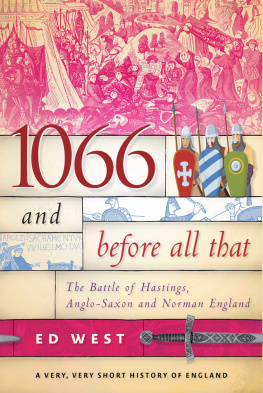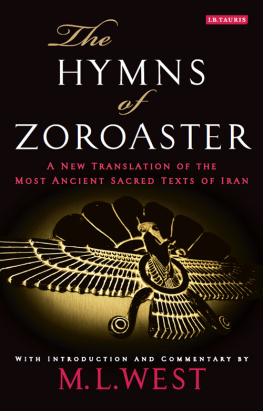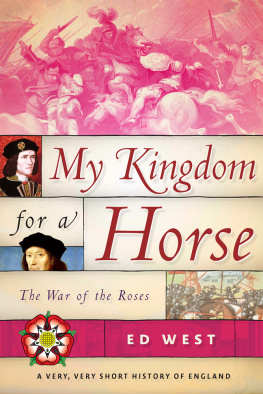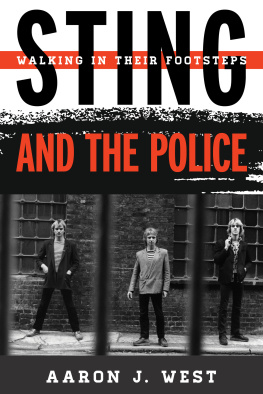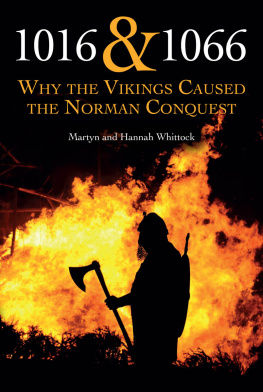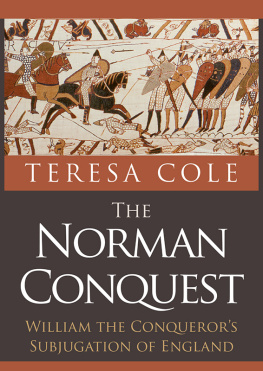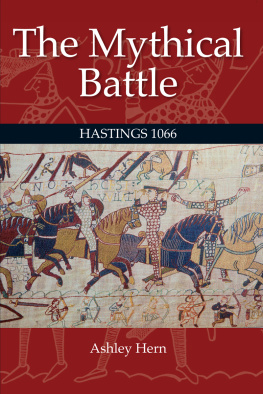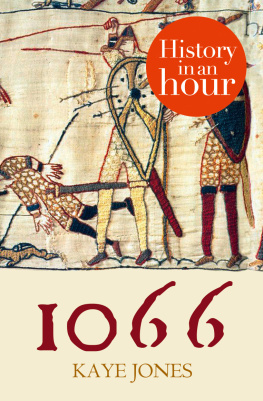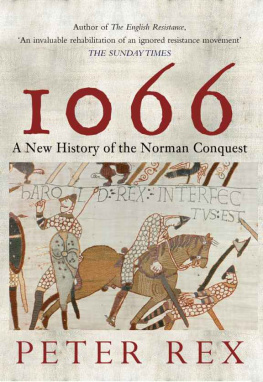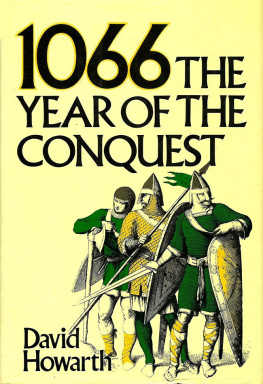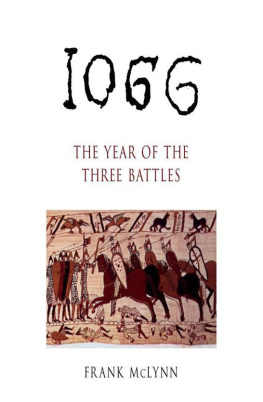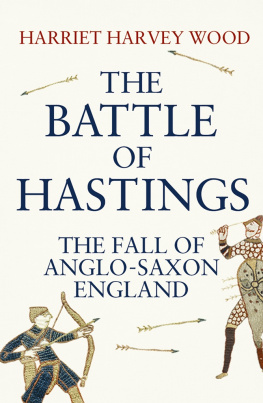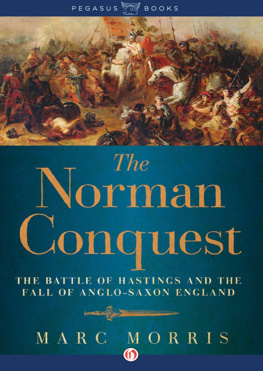Copyright 2017 by Ed West
All rights reserved. No part of this book may be reproduced in any manner without the express written consent of the publisher, except in the case of brief excerpts in critical reviews or articles. All inquiries should be addressed to Skyhorse Publishing, 307 West 36th Street, 11th Floor, New York, NY 10018.
Skyhorse Publishing books may be purchased in bulk at special discounts for sales promotion, corporate gifts, fund-raising, or educational purposes. Special editions can also be created to specifications. For details, contact the Special Sales Department, Skyhorse Publishing, 307 West 36th Street, 11th Floor, New York, NY 10018 or .
Skyhorse and Skyhorse Publishing are registered trademarks of Skyhorse Publishing, Inc., a Delaware corporation.
Visit our website at www.skyhorsepublishing.com.
10 9 8 7 6 5 4 3 2 1
Library of Congress Cataloging-in-Publication Data is available on file.
Cover design by Rain Saukas
Print ISBN: 978-1-5107-1986-6
Ebook ISBN: 978-1-5107-1991-0
Printed in the United States of America
Contents
Introduction
I n April 1066 an elderly, eccentric monk called Elmer noticed a shooting star in the sky from his Abbey of Malmesbury in Wiltshire. Seeing it as a bad omen, Elmer is supposed to have muttered: Youve come, you source of tears to many mothers. It is long since I saw you; but as I see you now you are much more terrible, for I see you brandishing the downfall of my country.
Few people reached old age in the eleventh century, but Elmer was one of them, and as a boy in September 989 he had seen the same hairy-tailed star in the sky. Soon afterwards the Vikings had returned to England after almost a century, and so the comets arrival now was not entirely welcome. Three months before the star reappeared King Edward had died, having first shouted wild and rather unhelpful prophecies about the countrys destruction. During his long reign the slightly weird monarch had promised the throne to a number of very violent men, and the country was now in a state of deep foreboding even for the standards of the time.
The heavenly body, identified six centuries later by astronomer Edmund Halley, was indeed a bad omen, for 1066 would turn out to be a terrible year for England, with two invasions, three battles, and thousands of deaths. In the most famous of these clashes two armies of between seven and eight thousand men faced each other outside Hastings on October 14.
Elmer was lucky to have seen Halleys Comet a second time. Fifty years earlier the monk was so inspired by the Greek legend of Icarus that he built wings from willow trees and parchment, and proceeded to launch himself from the abbeys sixty-foot-high bell tower in a rather optimistic early attempt at manned flight. But even the fact that he broke both his legs and never walked again didnt dampen his cheery demeanour and enthusiasm (in fairness he did stay airborne for two hundred yards before crashing, or so he claimed).
Edwards successor King Harold II had a hell of a year since being proclaimed king in January. By the time of Hastings he had just spent a month marching an army two hundred miles up to the north of England, where his men had seen off another invasion from the flamboyant Viking maniac Harald Hardraada, before marching back again. Now he faced Duke William of Normandy, the humorless, hard-faced ruler of the most militaristic people in the known world, descendents of Vikings who had settled in France a century and a half before.
Few battles in history have had such catastrophic consequences for the losers, for as historian Elizabeth van Houts put it: No other event in western European history of the central Middle Ages can be compared for its shocking effects: the carnage on the battlefield, the loss of life and the consequent political upheaval.
By the end of William the Conquerors reign twenty-one years later, only two major English landowners were still in possession of their homes, one Englishman held a senior position in the Church, and just 5 percent of land was still owned by natives, while an entire class of five thousand thegns , Englands aristocrats, had been killed, driven abroad or forced into serfdom or something similarly awful. In the worst instance of Norman violence over one hundred thousand people were killed in Yorkshire, an event known as the Harrying of the North which left whole regions deserted for a century afterwards.
One-third of the entire country was set aside for royal forests, with large numbers of natives evicted from their homes that then became Norman pleasure gardens. Countless houses were demolished to make way for castles to enforce Norman authority, and the natives were collectively punished if any Norman was found dead in their neighborhood (while a Norman who killed an Englishman would go unpunished). The English language itself, which perhaps had the richest body of literature in western Europe at the time, would be suppressed for three centuries, by which time it would reemerge heavily influenced by the conquerors. Today, between a quarter and half of all words in the dictionary come from French, including almost everything to do with the law, government and war.
Its easy to cast the Normans as preeminent medieval bad guys, callous imperialists who oppressed everyone, stole their land, and forced them into serfdom. And on top of invading England, and later Wales and Ireland, they also had more conservative views about women and religion, and their approach to interfaith issues in the Middle East would not be entirely fashionable today. Indeed the word bigot was originally a Parisian insult for Normans, and came from their habit of using the Germanic oath bei Gott or by God. They are also blamed for introducing the idea of feudalism, whereby most people were tied to the land and had to work for their master half the year in exchange for a penny or some dung.
In England, Norman ancestry has become synonymous with elitism, so that French-sounding names suggest privilege, while Anglo-Saxon ones appear humble. In the most popular British book and film series of recent years, the heroes have the very Anglo-Saxon sounding surnames Potter and Weasley, while the baddies go by the Normanesque Voldemort and Malfoy. Its shorthand for humility versus entitlement.
The Normans sound like cartoon Hollywood upper-class English villains, blamed for creating long-standing class divisions, and to an extent this is true. To take one example, when Gerald Grosvenor, the multibillionaire 6th Duke of Westminster, was asked by a journalist what advice hed give to a young entrepreneur hoping to become rich, he suggested make sure they have an ancestor who was a very good friend of William the Conqueror.
But, of course, the Normans werent all bad. There were huge class divisions in English society in 1066, and feudalism was already in place; the Godwin family, of whom Harold was head, were absurdly wealthy, possibly richer than his grasping successor. And, as well as building many beautiful cathedrals and castles, the Normans abolished slavery, maintained and improved Anglo-Saxon Englands system of government, while their customs were in many ways more civilized. They tended to ransom their aristocratic opponents, while the English just killed them, which is partly why by 1066 the country had been worn down by several decades of feuding and murder.
And it all began when the last comet visited, and with the doings of an evil stepmother.

